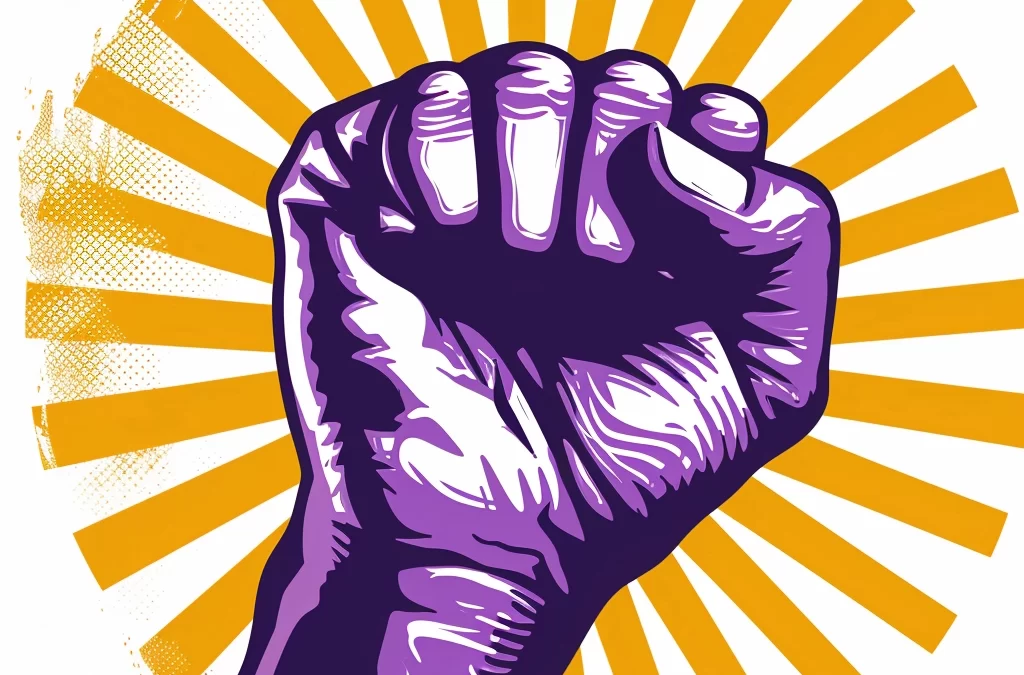Every April, we observe Autism Awareness & Acceptance Month by highlighting the unique needs and opportunities for people with autism in our Union and our communities. For Local 1000’s Accessibility Committee—one of 10 Human Rights Committees in our Union—this awareness continues all year as they work to ensure that accessibility for disabled workers is a priority for our Union and for the State.
Every April, we observe Autism Awareness & Acceptance Month by highlighting the unique needs and opportunities for people with autism in our Union and our communities. For Local 1000’s Accessibility Committee—one of 10 Human Rights Committees in our Union—this awareness continues all year as they work to ensure that accessibility for disabled workers is a priority for our Union and for the State.
“There is a famous saying in the autistic community that if you have met one person with autism, then you have done just that: met one person with autism,” said Amy Valdez, chair of the Accessibility Committee. “This saying means every one is unique, different, and has their own specific needs and interests.”
Among the misconceptions and biases that people with autistism face in the workplace and in the community is that autism is a disease that requires a cure. “Autism presents itself in different ways for each person,” said Valdez. “Their way of thinking isn’t wrong; it’s just different.” This acceptance is important, and when we move past these misconceptions, we can all come to understand each other more deeply.
For instance, by not apologizing when someone shares they are on the spectrum, we can instead understand where they’re coming from. “If they have trusted you enough to tell you,” said Valdez, “they are looking for support and acceptance, not pity.” We can all work to accommodate our colleagues with autism and community members. For example, many loud noises are startling and can be a trigger for some people with autism. By simply wearing noise canceling headphones in this situation, we can allow the person to function more effectively in the workspace. “Headphones and other accommodations are not a crutch or excuse,” said Valdez. “It doesn’t give anyone a ‘leg up’. There are many workarounds that can easily help a coworker, even if they may initially seem unusual.”
Let’s remember, not just for the month of April, that each and every one of us lives very different lives, with different backgrounds. “We all have ‘special needs,’ and we must approach each other by being accepting of all individuals’ needs”
The Accessibility Committee develops the affirmative action plan for the recruitment and training of disabled members as Job Stewards, bargaining unit representatives, committee members, and officers. They also recommend actions to remove barriers to participation and activism by disabled members and help District Labor Councils (DLCs) create strategies regarding issues affecting disabled workers. The Disabled in State Workforce Committee recommends appropriate job steward and leadership training modules on issues affecting the disabled in the workplace and coordinates their activities with the other Local 1000 committees.
Learn more about Local 1000’s Accessibility Committee and get in touch here.
